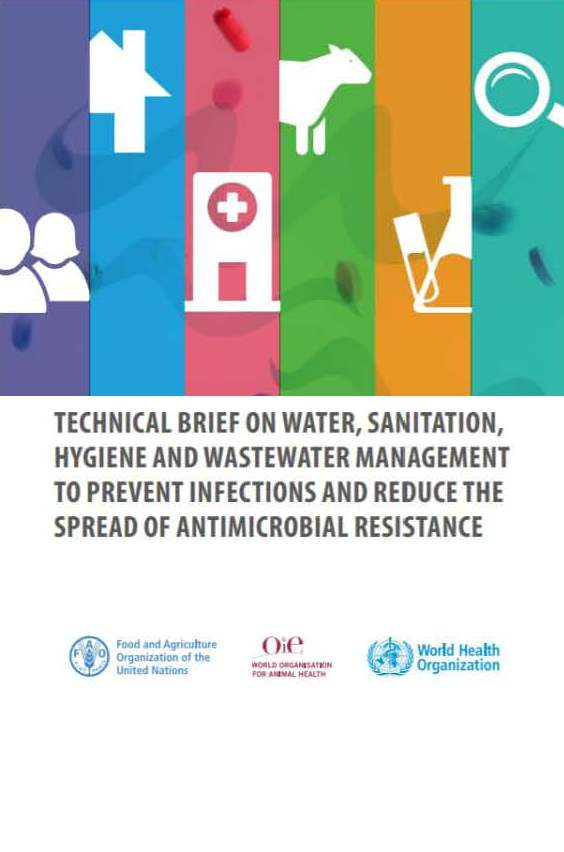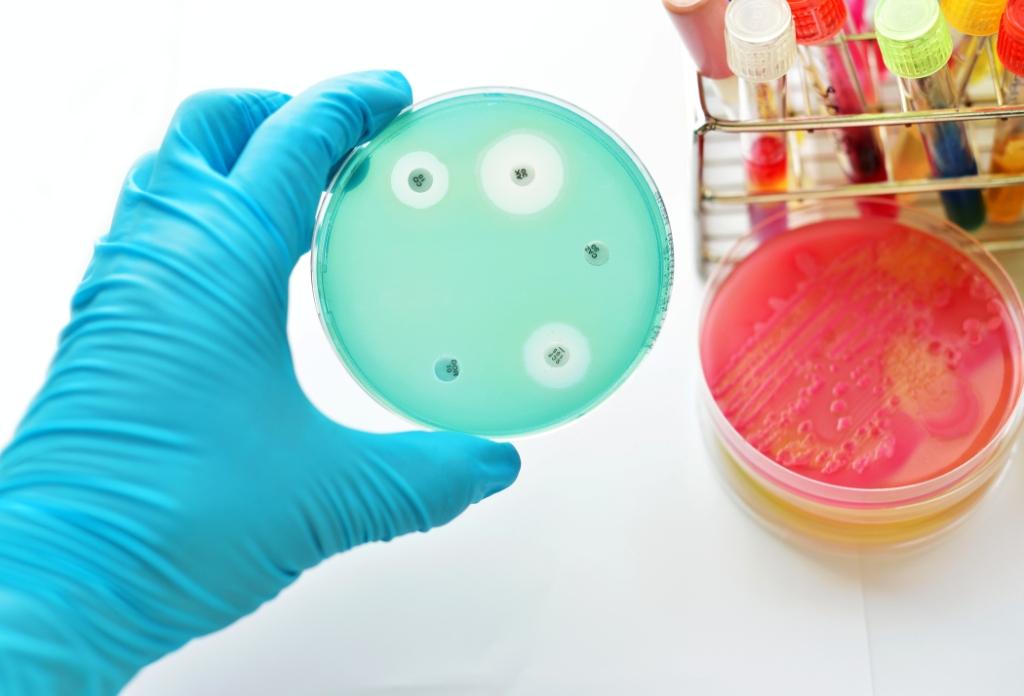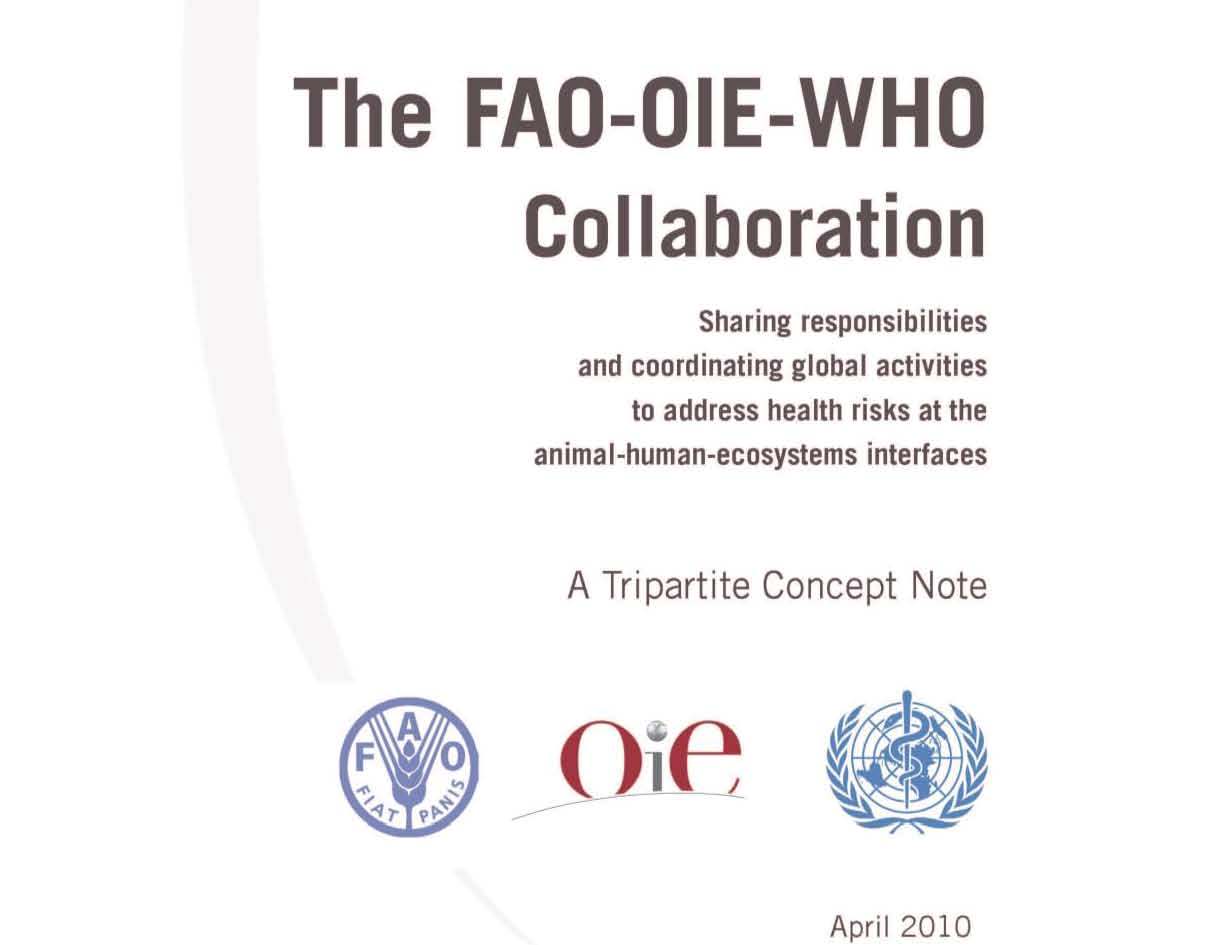
Antimicrobial resistance (AMR) is one of the main threats to global health, food security and sustainable development. It is now widely acknowledged that the resistance of bacterial, viral, parasitic and fungal microorganisms to antimicrobial medicines is mainly due to an inappropriate use of antimicrobial medicines in the public health, animal, food, agriculture and aquaculture sectors.
We promote the responsible and prudent use of antimicrobial agents in terrestrial and aquatic animals, so as to preserve their therapeutic efficacy and prolong their use in both animals and humans.
Since 2010, through their Tripartite Alliance, the World Organisation for Animal Health (WOAH), the World Health Organization (WHO) and the Food and Agriculture Organization of the United Nations (FAO) have been raising countries’ awareness on the issue of antimicrobial resistance (AMR).
It is broadly recognized that the overarching principle for addressing AMR is within the framework of a One Health approach. The tripartite alliance is committed to take steps to ensure that National Action Plans on AMR (NAP-AMRs) include the development and strengthening, as appropriate, of effective surveillance, monitoring and regulatory frameworks on the preservation, use and sale of antimicrobial medicines for humans and animals, enforced according to national contexts and consistent with international commitments. It requires integrated multi-sectoral actions, interconnecting human, animal and environmental health.
Increasing and broadening awareness and knowledge on AMR is needed to engage national representatives of human, agriculture and animal health sectors, and to encourage behavioral change. As drivers for AMR are deeply rooted in human and animal health, food and agricultural systems, reform is needed which requires sustained financing of all activities outlined in NAP-AMRs.


